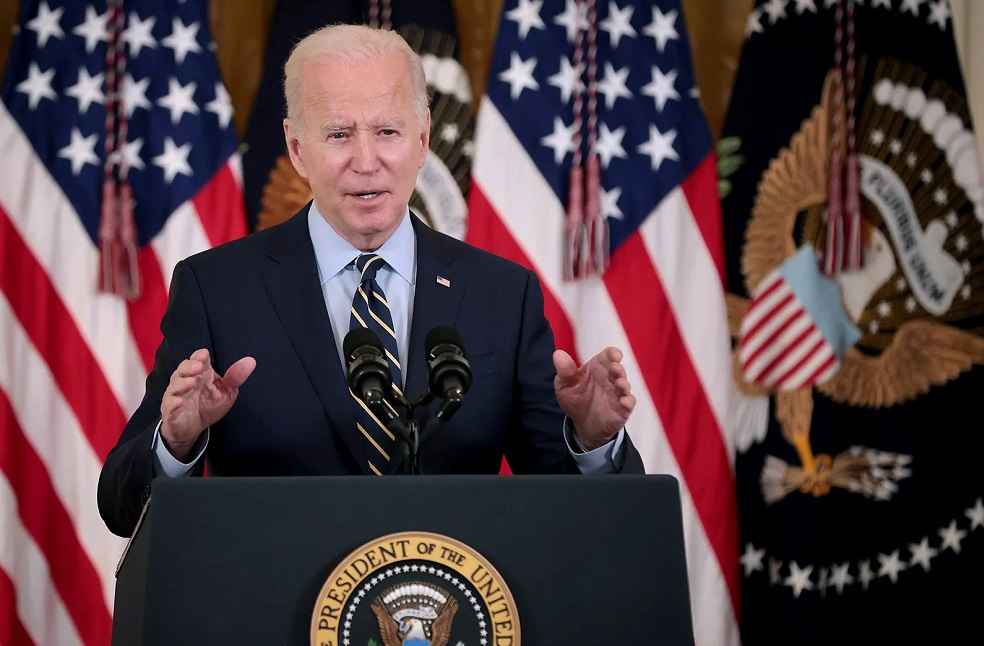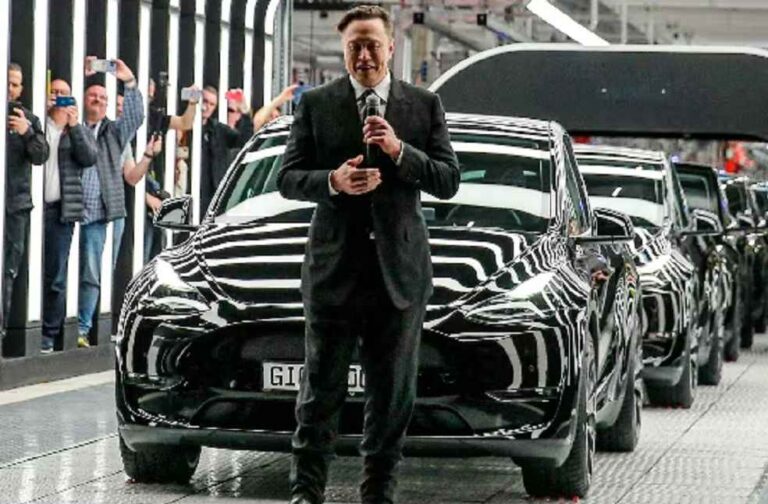In a pivotal shift, several automotive secor luminaries, led by Tesla’s Elon Musk, have begun to contest the Biden administration’s tariffs on Chinese electric vehicles (EVs). Initially established as safeguards for domestic industries, these tariffs are now under scrutiny by industry titans advocating for competitive openness to benefit both consumers and manufacturers.
At the VivaTech conference in Paris, Tesla CEO Elon Musk articulated his concerns, signaling a departure from his prior warnings about the competitive threat from Chinese automakers. Echoing Musk, Ferrari’s Benedetto Vigna and Mercedes-Benz’s Ola Källenius both argue for tariff reductions to foster healthy global competition.

Stellantis CEO Carlos Tavares pointed out potential adverse impacts on consumers and the automotive supply chain, noting that elevated tariffs might inadvertently inflate vehicle costs. This consensus among executives reflects a growing recognition of the global automotive market’s interconnectivity.
The shift in perspective among these executives appears influenced by their companies’ expanding operations within China. Tesla operates a Gigafactory in Shanghai, and Stellantis invests in Leapmotor, a Chinese EV manufacturer, underscoring the strategic business implications tied to Chinese trade policies.
Complicating the landscape are China’s planned retaliatory tariffs on foreign vehicles with large engines, a direct countermeasure to President Biden’s tariffs. This strategy could significantly affect U.S. and European automakers, including giants like General Motors and luxury vehicle manufacturers such as Ferrari and Bentley, which count China as a key market.

This situation highlights the complex trade dynamics requiring nuanced strategies to maintain competitive edges and market access. The automotive industry’s dependency on the Chinese market underscores the globalized nature of international trade.
As discussions on tariffs continue, the global auto industry stands at a strategic juncture. The outcomes of these discussions are uncertain, yet they vividly illustrate the significant impact of trade relations with China on the industry’s strategic decisions and prosperity.
OBSERVATION | Top 5 Budget-Friendly Electric Cars in India





